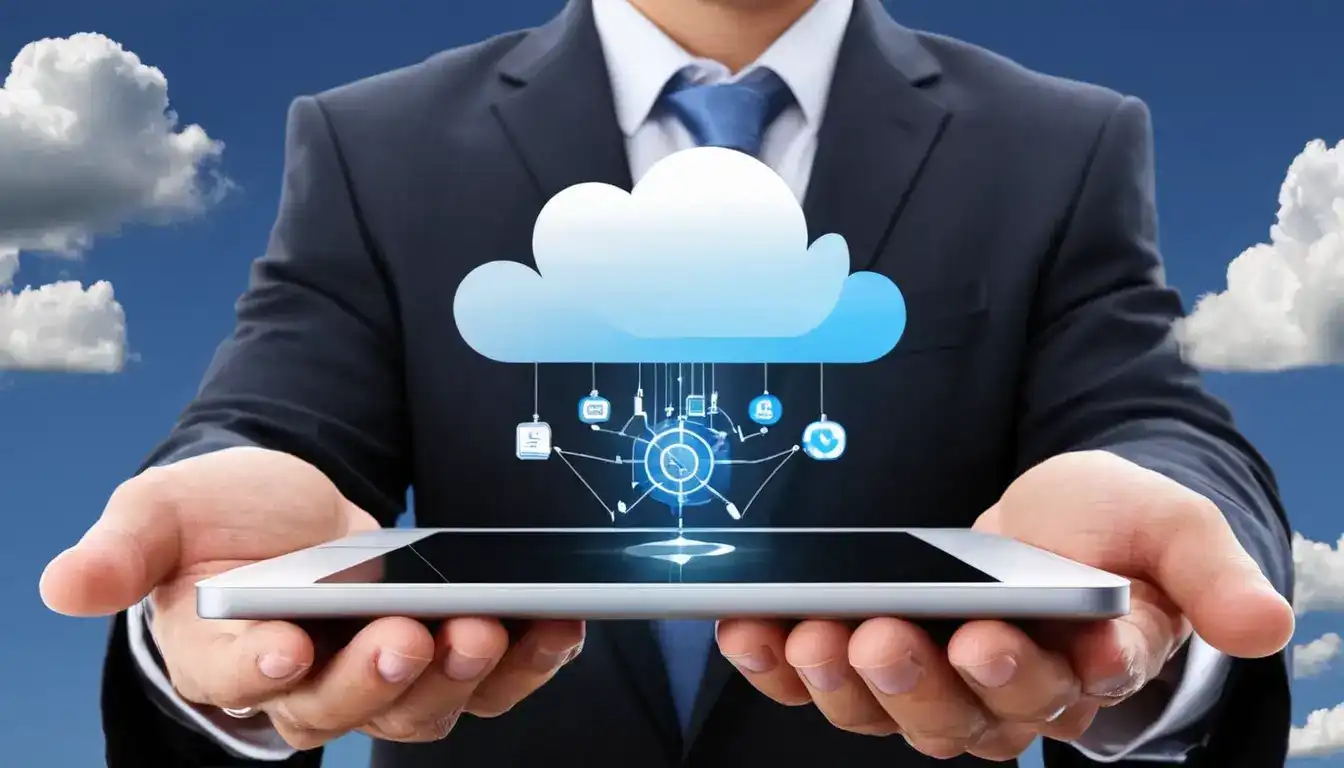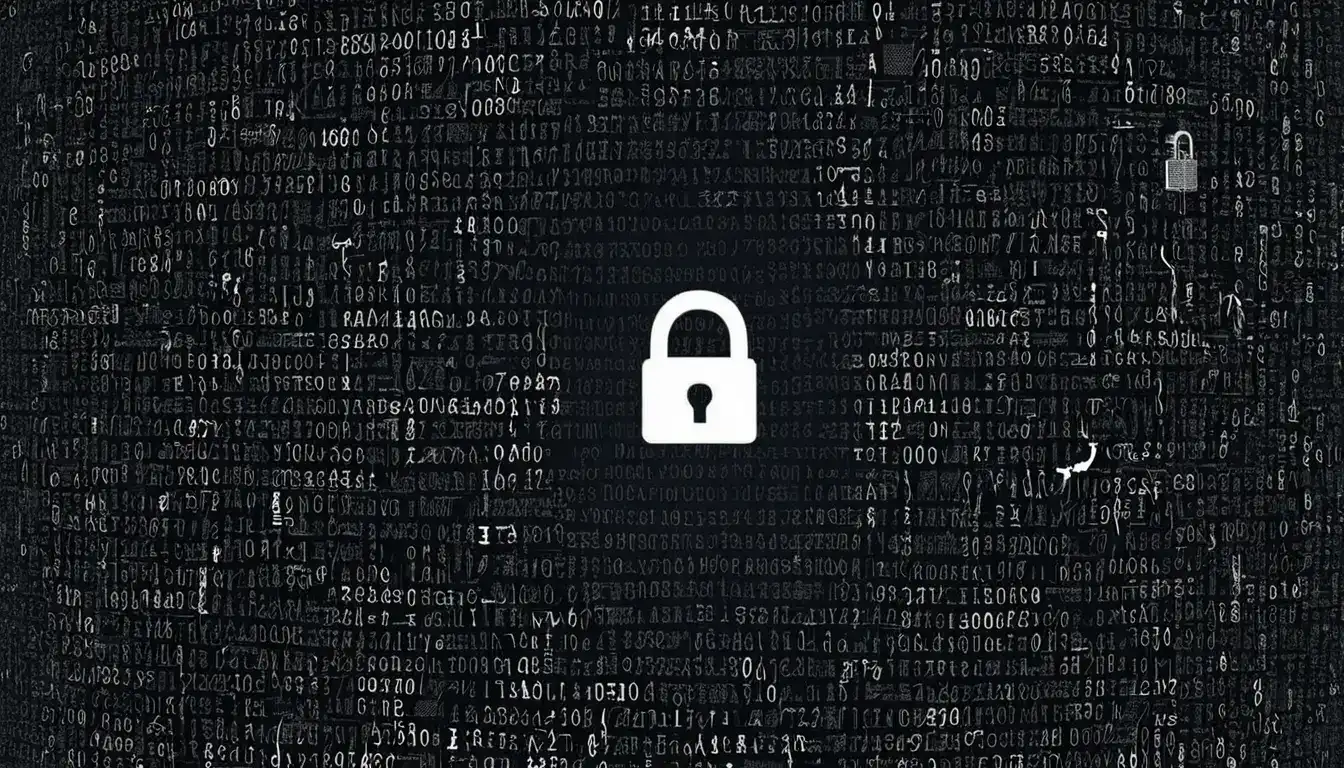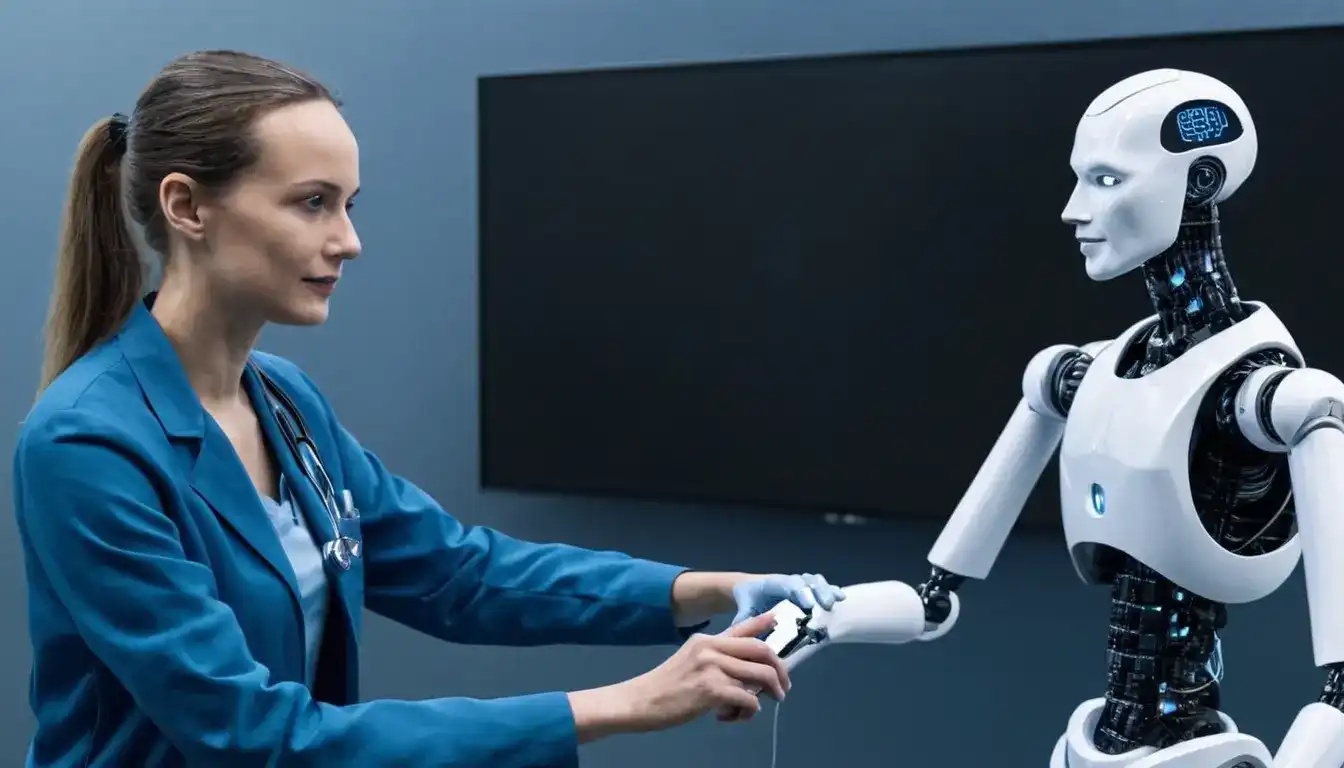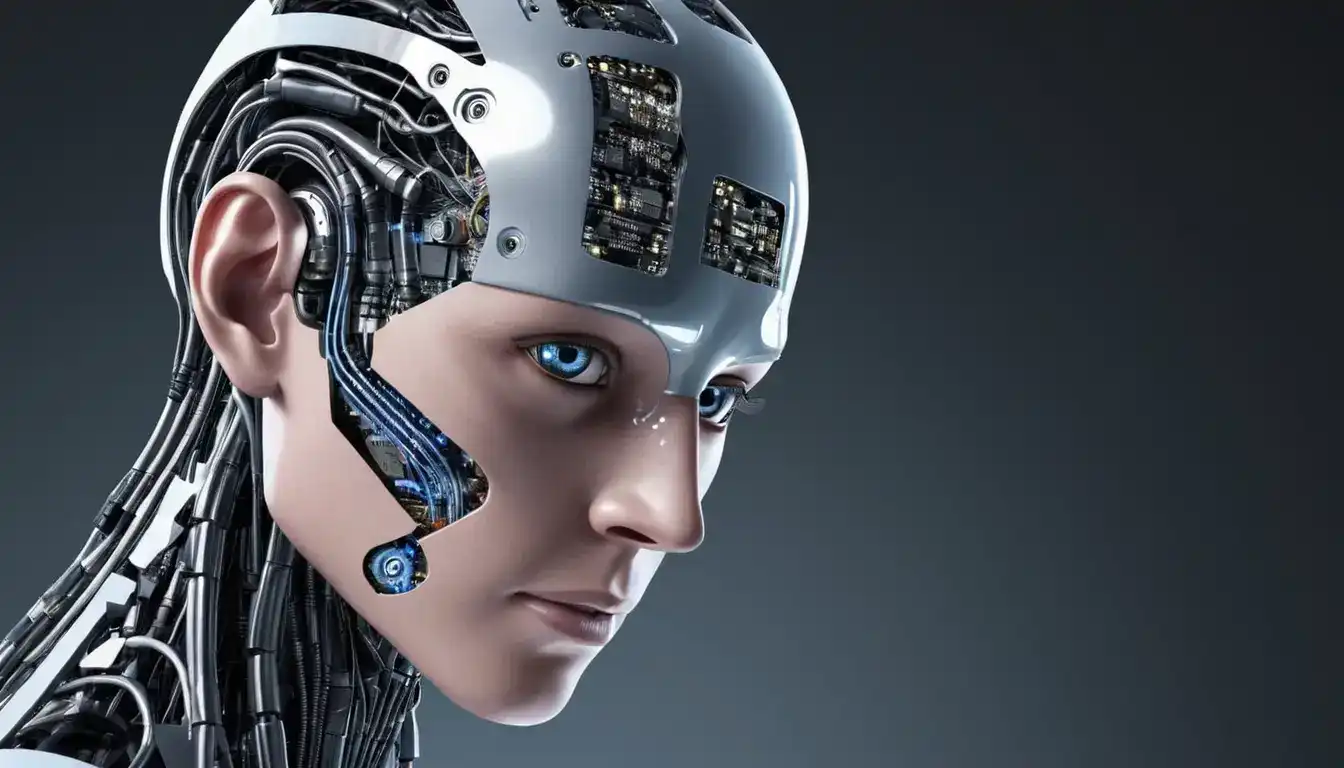Technology

Cloud computing technology has become essential for modern businesses, offering cost efficiency, scalability, and flexibility. It enables streamlined processes, enhanced productivity, and improved collaboration among employees. Cloud computing also ensures data security, disaster recovery, and business continuity. By migrating to the cloud, businesses can streamline IT operations, enhance customer experiences, access advanced technologies, and reach a global audience. Real-world applications of cloud computing include e-commerce, healthcare, financial services, manufacturing, and education.
Emily Willis
Perfection is not when...

importance of data security in the digital age, highlighting challenges such as cyberattacks, human error, weak passwords, and outdated systems. It also provides solutions to enhance data security, including encryption, strong password policies, multi-factor authentication, regular software updates, employee training, access controls, data backup, incident response plans, security audits, and advanced security technologies. These measures are essential for protecting sensitive information and preventing unauthorized access and breaches.
Emily Willis
Perfection is not when...

Blockchain technology, initially known for its association with Bitcoin, has evolved into a versatile tool with applications beyond cryptocurrency. It is a decentralized digital ledger that ensures secure, transparent, and tamper-resistant transactions. Key features include decentralization, security, transparency, and immutability. Current applications include cryptocurrencies, supply chain management, smart contracts, digital identity verification, healthcare, and voting systems.
Emily Willis
Perfection is not when...

latest trends in mobile application development for 2024. These trends include the integration of 5G technology, artificial intelligence and machine learning, Internet of Things (IoT), augmented reality (AR) and virtual reality (VR), cross-platform development, mobile wallets and payment gateways, progressive web apps (PWAs), enhanced app security, voice search and integration, and sustainability and green mobile apps.
Emily Willis
Perfection is not when...

Blockchain technology, initially associated with cryptocurrencies, has expanded to have diverse applications across industries. It is a decentralized digital ledger that ensures secure, transparent, and immutable transactions. Beyond cryptocurrency, blockchain has been applied to supply chain management, healthcare, voting systems, smart contracts, digital identity verification, real estate transactions, and supply chain finance. Future trends include enhancing interoperability, addressing scalability issues, and exploring regulatory frameworks. Overall, blockchain technology has the potential to revolutionize various sectors by enhancing efficiency, security, and trust in operations.
Emily Willis
Perfection is not when...

Artificial Intelligence (AI) is transforming the healthcare industry by improving diagnostic accuracy, personalizing treatment plans, and accelerating drug discovery. AI applications in diagnostics, imaging, patient care, and drug development are enhancing efficiency and patient outcomes. However, ethical considerations such as data privacy and algorithm bias must be addressed. The future of AI in healthcare looks promising with advancements in natural language processing, robotic surgery, and remote patient monitoring. Embracing AI technologies responsibly will lead to a more accessible, efficient, and patient-centered healthcare system.
Emily Willis
Perfection is not when...
Showing 46 to 51 of 51 Results
Trending 🔥
View All
2
3
4
5
6
7
9
10
Lifestyle
View AllSports
View AllAugust 4, 2024
The Importance of Mental Training and Psychological Strategies in Helping Athletes Reach Their Peak Performance on the Field
Read MoreAugust 5, 2024
Celebrating Sports Legends: Honoring Iconic Figures and Their Enduring Impact
Read MoreTechnology
View All
August 4, 2024
The Future of Artificial Intelligence: Opportunities and Challenges
opportunities and challenges presented by Artificial Intelligence (AI) in various sectors such as efficiency, customer experiences, healthcare, education, and economic growth. It highlights the need to address ethical considerations, job displacement, privacy issues, security risks, and regulatory challenges associated with AI.

August 4, 2024
Bridging the Digital Divide: Ensuring Everyone Has Access to Technology
we can bridge this gap and create a more inclusive digital landscape.

August 4, 2024
The Role of 5G Technology in Revolutionizing Communication
The introduction of 5G technology is set to revolutionize communication by offering faster speeds, lower latency, and increased capacity for connecting devices. This technology will impact various sectors such as healthcare, transportation, and entertainment. 5G enhances communication through faster speeds, lower latency, and increased capacity, enabling applications like remote surgery, autonomous vehicles, and high-quality streaming.

August 4, 2024
Role of Cloud Computing Technology in Modern Business
Cloud computing technology has become essential for modern businesses, offering cost efficiency, scalability, and flexibility. It enables streamlined processes, enhanced productivity, and improved collaboration among employees. Cloud computing also ensures data security, disaster recovery, and business continuity. By migrating to the cloud, businesses can streamline IT operations, enhance customer experiences, access advanced technologies, and reach a global audience. Real-world applications of cloud computing include e-commerce, healthcare, financial services, manufacturing, and education.








